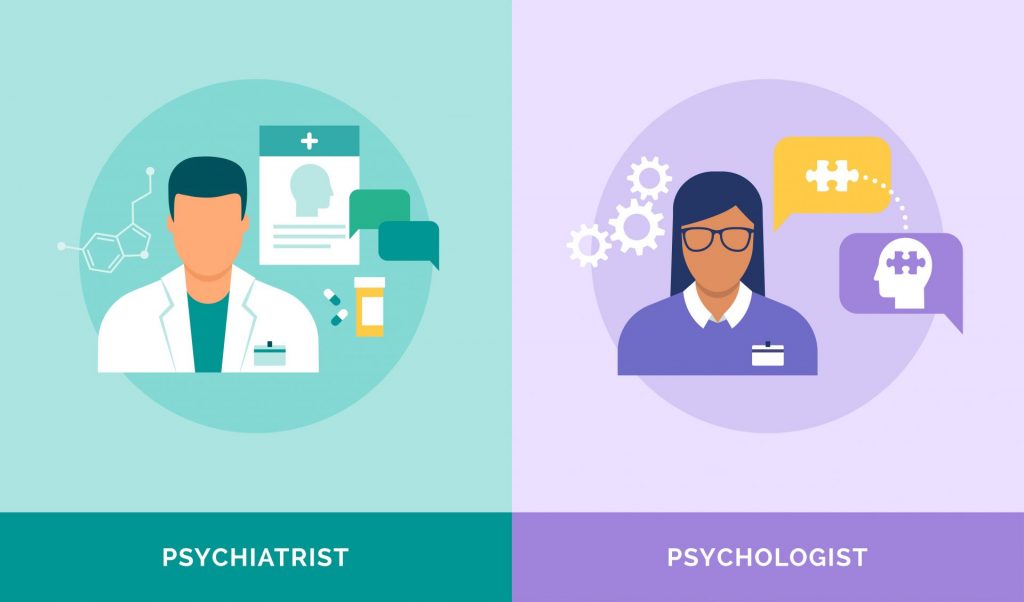Neurodevelopmental disorders are certain conditions that affect the functions of the brain. These conditions may be mild impairments, which may see people living everyday life, or severe disorders that may require lifetime healthcare. Examples of neurodevelopment disorders include; Schizophrenia, ADHD, Tourette syndrome, Fragile X disorders, Autism, and Language and Speech disorders.

Causes of neurodevelopmental disorders
Neurodevelopmental disorders occur when complex environmental and genetic factors interact to change the development of the brain. Sometimes, these environmental and genetic factors are known, and sometimes they are not known. Neurodevelopmental disorders seem to be inherited within a family where some family members might have different disorders. Although the causes of these disorders might be unknown, it is essential to identify the extent to which they interfere with the patient’s daily life to identify an intervention. Some experiences during pregnancy may result in neurodevelopmental disorders such as
- Premature birth
- Substance and drug abuse during pregnancy
- Low birth weight
- Environmental contaminants such as lead
Symptoms of neurodevelopmental disorders
The symptoms of many neurodevelopmental disorders start manifesting when a child is young, mostly in preschool age. However, like schizophrenia, signs may start in teenage or young adulthood, and symptoms vary depending on the disorder.
- ADHD- hyperactivity, lack of attention, impulsivity, and distractibility.
- Schizophrenia – delusions, withdrawal from family and friends, hallucinations, and disorganized thoughts.
- Tourette Syndrome- coughing or grunting, ticks such as eye blinking and shoulder shrugging.
- Autism- resisting touch, self-harm, little or no eye contact, and difficulty communicating.
Treatment of neurodevelopmental disorders
There are no cures for these disorders identified, although effective therapeutic strategies exist that help control some symptoms and signs depending on the disorder and its extent. Some medications reduce agitation, hyperactivity, pulsations, and anxiety. Doctors also offer psychotherapy and behavior therapy to help parents and children manage behavior patterns. Counseling and therapy help people learn coping techniques to control behavior and carry on with their daily life activities. Effective and consistent prenatal care for conditions such as autism and ADHD increases the chances of delivering a healthy, full-term baby, with reduced chances of neurodevelopmental challenges. It is essential to have regular health checks up to identify these disorders and have intervention in place. Schedule an appointment with us today at Pandora’s House Psychiatry.









